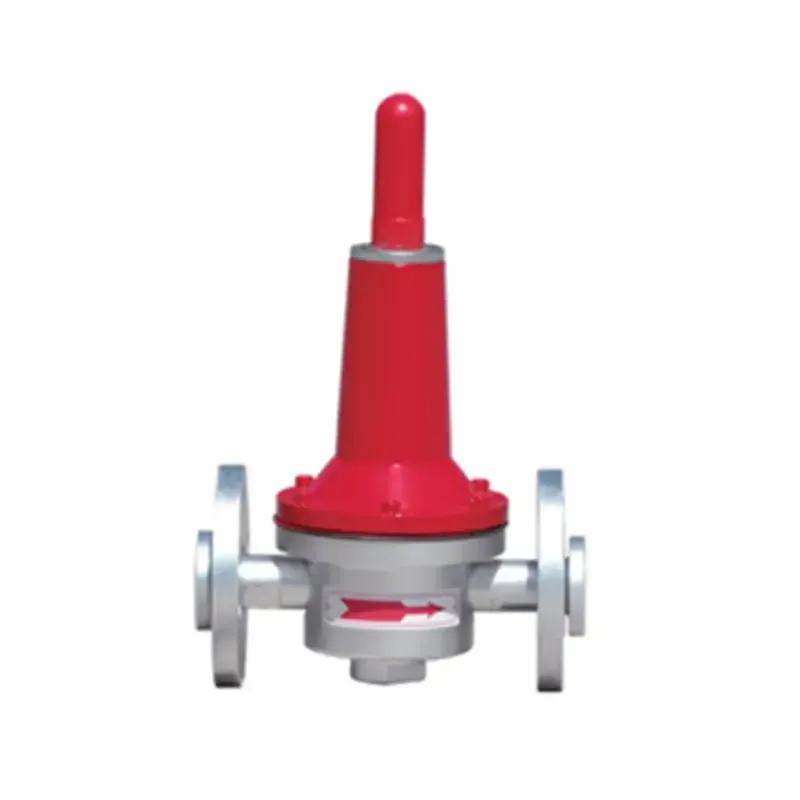
Oct . 31, 2024 15:42
Back to list
Natural Gas Filter Solutions for Efficient Energy Consumption and Environmental Sustainability
The Role of Natural Gas Filters in Energy Production
Natural gas has emerged as a pivotal component in the global energy landscape, often hailed for its relatively clean burning properties compared to other fossil fuels like coal and oil. However, as with any energy source, the efficiency and environmental impact of natural gas extraction and utilization are heavily influenced by the technologies employed in its processing. One critical technology in this spectrum is the natural gas filter, which plays an essential role in ensuring the quality and safety of natural gas before it reaches consumers.
Importance of Natural Gas Filters
Natural gas filters serve the primary function of removing impurities from the gas before it enters pipelines or combustion systems. These impurities can include water vapor, particulates, hydrocarbons, and other contaminants that can compromise the integrity of the gas and the efficiency of combustion processes. By eliminating these impurities, filters help to improve the performance of gas appliances, reduce greenhouse gas emissions, and prolong the lifespan of equipment used in energy production and distribution.
Types of Natural Gas Filters
Several types of filters are used in the natural gas industry, each tailored to specific needs and applications.
.
2. Particulate Filters These are used primarily to trap solid particles that may be present in the gas stream. By utilizing a filter medium with varying pore sizes, these filters effectively prevent particles from entering combustion systems, where they could cause damage or inefficiencies.
مرشح الغاز الطبيعي

3. Activated Carbon Filters These filters are particularly effective in removing volatile organic compounds (VOCs) and odors from natural gas. The activated carbon media adsorbs these impurities, helping to ensure that the gas is not only safe but also pleasant for end-users.
4. Membrane Filters Advancements in technology have led to the development of membrane filters that can selectively separate gas components based on size and permeability. These filters can be invaluable in refining natural gas and reducing the carbon footprint associated with its use.
Environmental and Economic Impacts
By using filters to ensure the purity of natural gas, the energy industry can significantly reduce its environmental impact. Cleaner burning gas results in lower emissions of CO2 and other harmful pollutants, contributing to efforts aimed at combating climate change. Additionally, maintaining high-quality gas reduces the risks of equipment failure, downtime, and costly repairs, thus creating economic benefits for both providers and consumers.
The Future of Natural Gas Filters
As the demand for cleaner energy sources continues to grow, innovations in natural gas filtering technology are essential. Research is ongoing into more efficient materials and designs that can further enhance the capabilities of filters in gas production and processing. Moreover, the integration of automation and advanced monitoring systems into filtration technology is likely to lead to greater resilience and efficiency in natural gas operations.
In conclusion, natural gas filters are indispensable in ensuring that natural gas remains a viable and cleaner choice in the ever-evolving energy market. Their advancements not only promise to improve energy efficiency and reduce environmental harm but also support a smoother transition towards a sustainable energy future.
Latest news
-
Safety Valve Spring-Loaded Design Overpressure ProtectionNewsJul.25,2025
-
Precision Voltage Regulator AC5 Accuracy Grade PerformanceNewsJul.25,2025
-
Natural Gas Pressure Regulating Skid Industrial Pipeline ApplicationsNewsJul.25,2025
-
Natural Gas Filter Stainless Steel Mesh Element DesignNewsJul.25,2025
-
Gas Pressure Regulator Valve Direct-Acting Spring-Loaded DesignNewsJul.25,2025
-
Decompression Equipment Multi-Stage Heat Exchange System DesignNewsJul.25,2025

